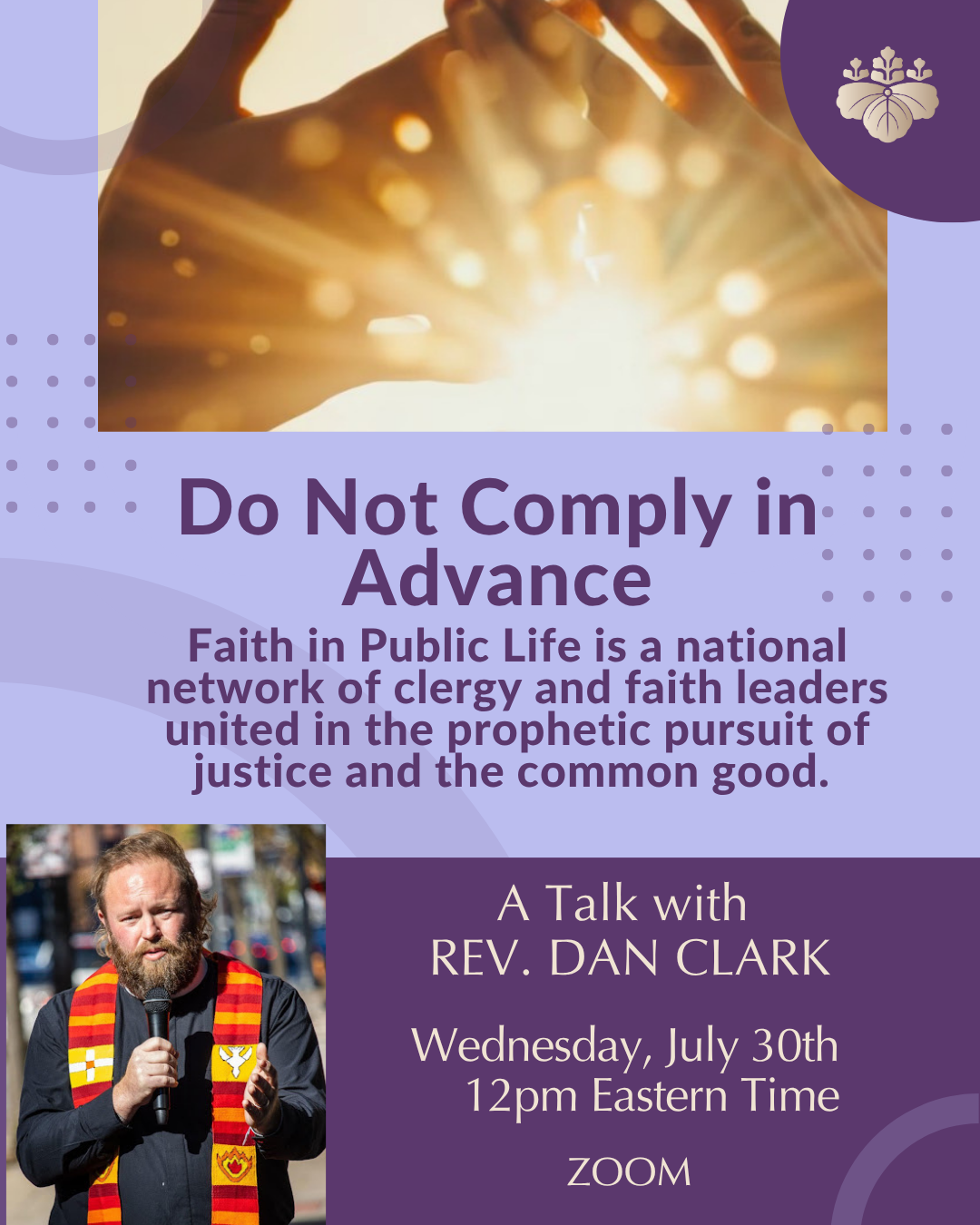Implementing shared stewardship at the Montague Farm Zendo.
We just had an evaluation session after our first six months practicing a shared stewardship model of leadership in our Zen Buddhist community. The model was inspired by the Zen Center of Los Angeles, who discarded a system in which multiple male teachers abused their unquestioned authority by taking advantage of female students. Responsibilities typically held by the head teacher are now divided according to the five Buddha families, which create a holistic framework that looks at all aspects of life as spiritual practice. Elected seat-holders of each family reported the following accomplishments:
Karma/Social Action:
The Karma steward has guided members of the sangha (community) in participating in serving a meal at a local soup kitchen and also in staffing our weekly community meal and wellness offerings on the same campus as the Zendo.
Ratna/Resources:
The Ratna stewards created a new membership structure and a brochure to reflect it.
Padma/Relationships:
The Padma steward (yours truly) posted fliers locally of the meditation schedule, DJed a danced party to raise money (over $500) for Haiti and created a Facebook page for the Zendo.
Vajra/Training:
The Vajra steward completed his training to become a preceptor and led a group through receiving precepts, coordinated a training in giving basic meditation instruction and trained people in our liturgy. Another sangha member committed to stewardship organized a library.
Buddha/Not-knowing:
The Buddha stewards (including the head teacher) administered a survey that asks people about their schedules and preferences and seeks to find a structure of intensive meditation retreat that accounts for people’s commitments to social action and profession.
Challenges
We also looked at challenges:
- Holistic practice: How do we honor each buddha family as a field of practice?
- Mission: How do we structure study to develop a shared mission and vision?
- Structure: How de we develop effective structures and processes of stewardship and create a system of accountability that encourages follow-through?
- Group Ownership: How do seat-holders and share their work while taking ownership over their field of responsibility? How do we broaden participation and collective ownership in stewardship throughout the sangha beyond the seat-holders?
- Communication: How can seat-holders communicate their work to others so that others feel inspired to participate and not overloaded by information?
- Financial autonomy: Can we develop a fund-raising strategy and budget to change the fact that the Zendo currently has no paid staff?
So in conclusion, maybe we haven’t completely eliminated patriarchy, but we’re doing the best we can.




